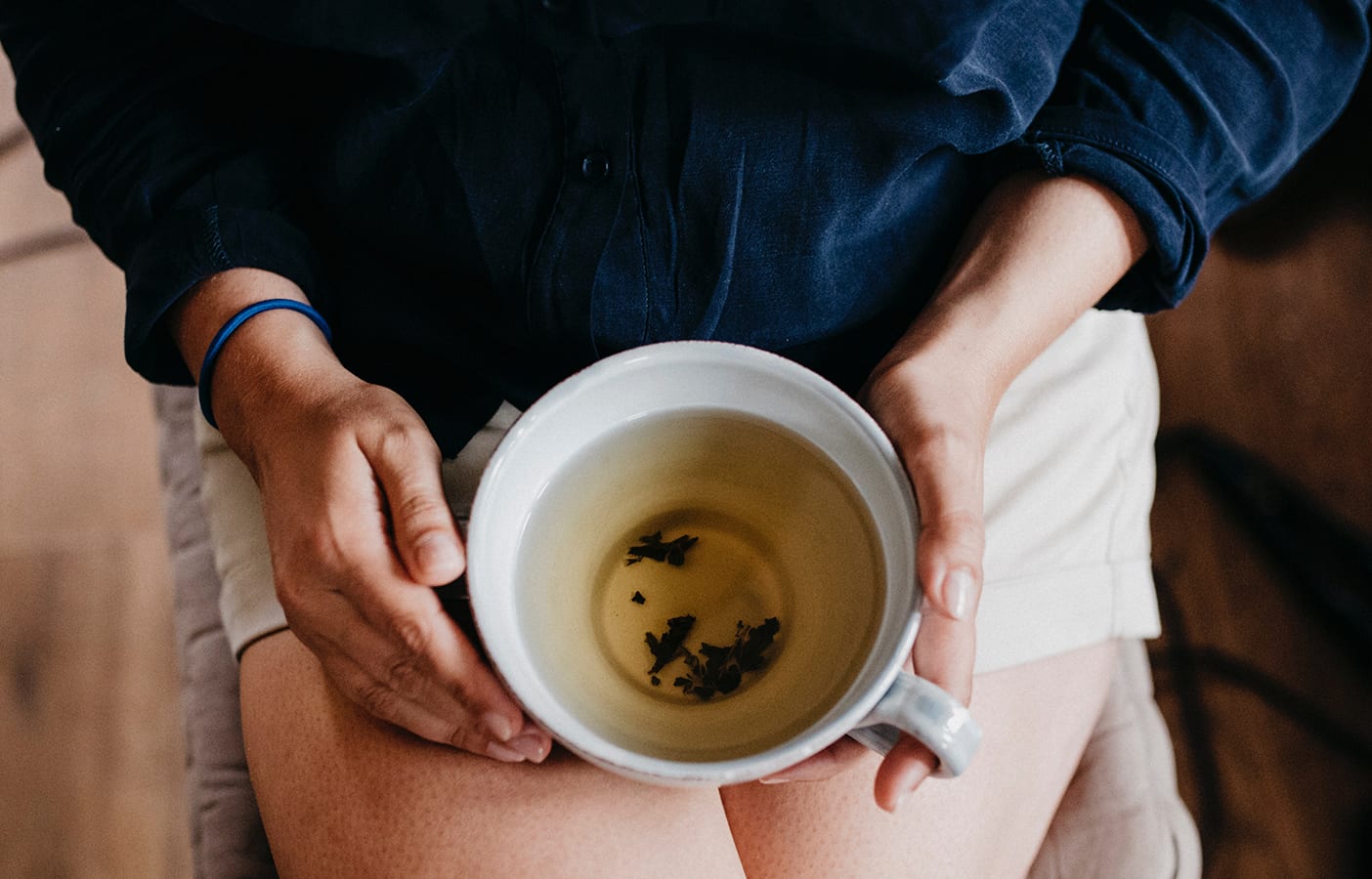
You want to be nodding off to dreamland, but your mind is racing. You’re tossing, turning and wide awake. Counting sheep is futile, that lavender spritz on your pillow feels pointless, and even yoga nidra is unsuccessful in your quest for rest. What else is there to do?
Though there are countless tips and tricks to help you fall asleep, there’s an all-natural alternative we bet you haven’t considered. It’s a magical herb called Valerian, and it might just be your solution for a good night’s sleep.
What is Valerian?
Valerian is a tall, flowering grassland plant native to Europe and Asia and naturalized in North America. The roots of the plant are where the magic medicine lies, and it’s commonly found in products that help improve sleep patterns and build defenses against stress.
There are quite a few options when it comes to adding this advantageous herb to your alternative medicine kit. Dried roots are prepared as teas or tinctures, and dried plant materials and extracts are put into capsules or incorporated into tablets, so it’s super easy to slip into your vitamin regimen or snag a cup before bedtime. You might find valerian especially potent to pair with meditation, slow-flow evening yoga, or essential oils in order to enhance your nighttime experience.
The History of Valerian
We’re definitely not the first to highlight this potent herb—valerian has been used for medicinal purposes since ancient Greece and Rome. Hippocrates, widely regarded as the father of medicine, was one of the first to write about its therapeutic uses. Galen, one of the Roman-Empire’s most accomplished physicians, followed suit and began prescribing the herb for sleep challenges in the 2nd century.
The herb continued to gain popularity and was used throughout the centuries to treat nervousness, headaches, and trembling. It was even prescribed as treatment during World War II to relieve stress induced by air raids in England. Despite its rich history (the herb has been around for over two millennia!), valerian still remains a mystery to many.
How Valerian Can Help
You’re not alone in your quest for shut-eye. Those suffering with sleep challenges often turn to over-the-counter or prescription medication to help induce sleep. One of the major health benefits of valerian is its ability to encourage high quality sleep, without the side-effects (like drowsiness, headaches, or wacky dreams) of other sleep medications.
The root works by encouraging the production of GABA, a naturally occurring chemical compound in your brain. GABA helps your central nervous system relax and creates a sedative effect on the brain. Valerian is also recommended for stress*, though research is still being compiled to conclusively support these uses. (Note: Studies show that the herb is most effective after a few weeks use.)
Three Ways to use Valerian:
Capsules: Capsules are easy, convenient, and efficient. When in need of some extra z’s, Australian model, certified health coach, Swisse Ambassador, and yogini Ash Hart uses Swisse Ultiboost Sleep tablets.
“I use these when I need a little extra help to sleep—either on a flight, when I have a big day of work the next day, or when I am jet-lagged and staring at the ceiling at the hotel,” Ash says. “After a good night’s sleep I always wake up feeling fresh and ready to tackle my day.”
Tinctures: Tinctures are liquid extracts made from herbs. They are taken directly under the tongue, which helps the herb enter the bloodstream quickly. As a result, the benefits are typically felt faster in the body. Easy and convenient to use, tinctures are great if you’re on the go.
Teas: If you have the luxury of time, or just enjoy the daily ritual of sipping tea, try drinking a caffeine-free tea that includes valerian. Brew a cup an hour or two before bedtime to experience a calming effect and ease yourself into a peaceful slumber.
How would you consume valerian?
*These statements have not been evaluated by the Food and Drug Administration. This product is not intended to diagnose, treat, cure, or prevent any disease.
In partnership with Swisse Wellness
More than a multivitamin, the Swisse Ultivite contains vitamins, minerals, plus unique herbs and phytonutrients to support optimal health. Backed by science and rooted in Australian heritage, these premium and comprehensive formulas assist in energy production and provide support for a stressful life. To feel your best, make Swisse a regular part of your daily wellness routine.
